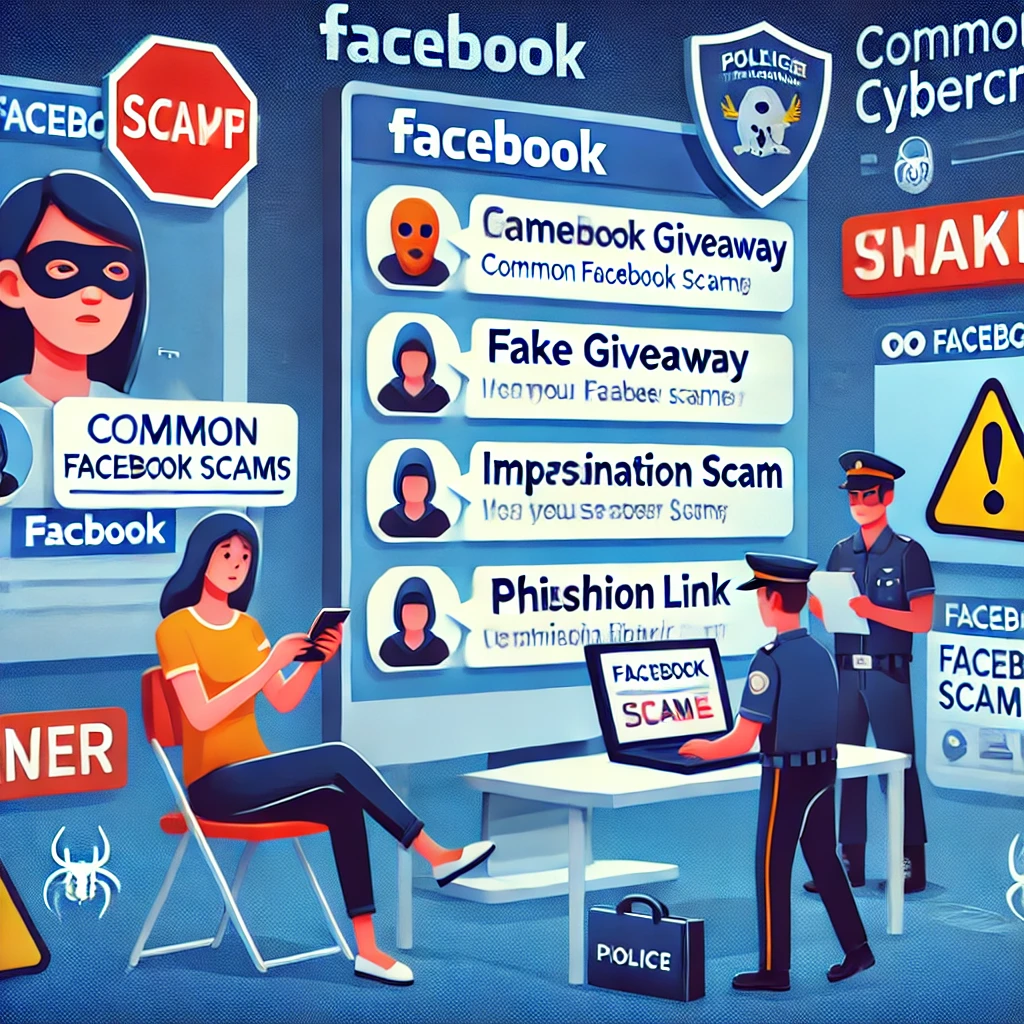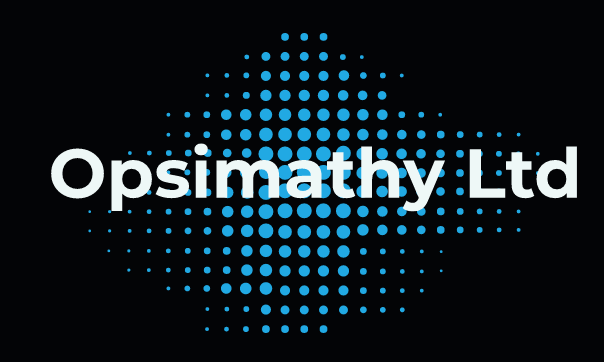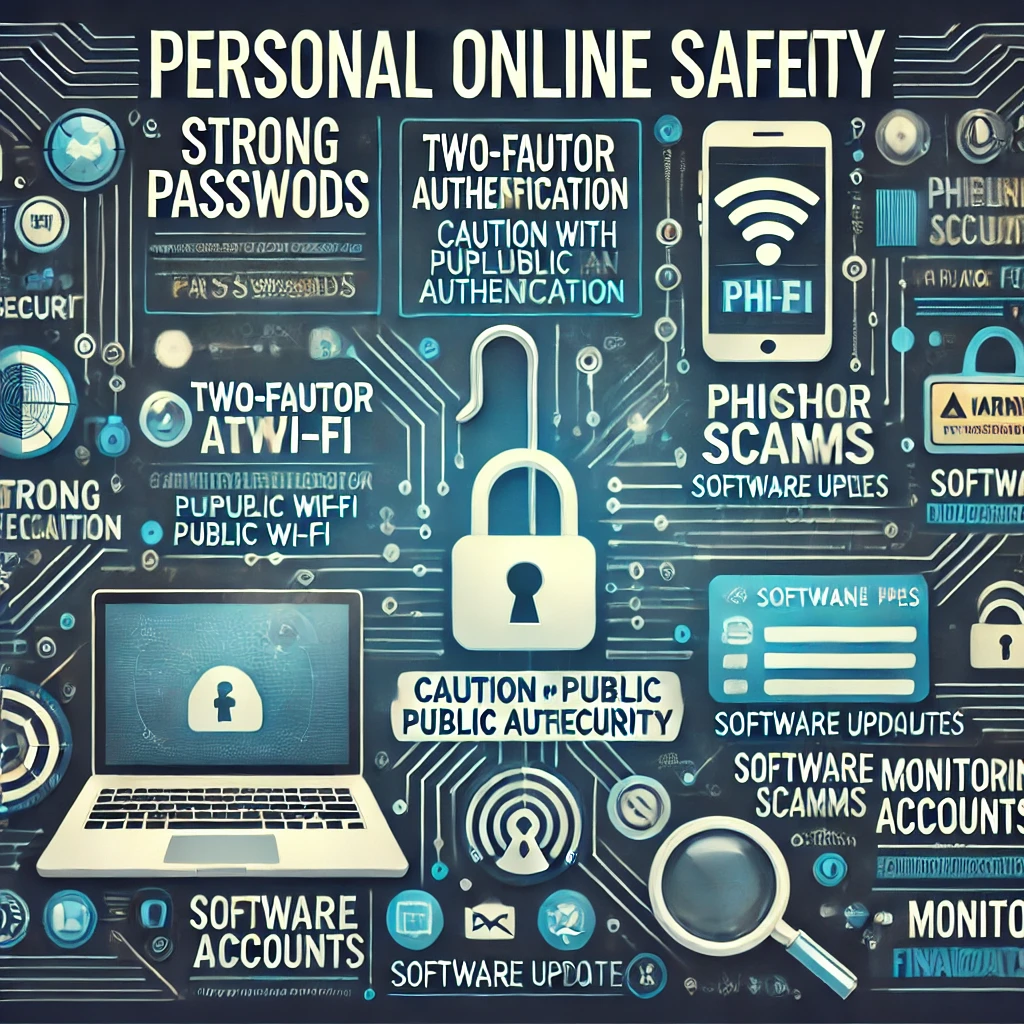
Facebook, as one of the world’s largest social media platforms, has become a fertile ground for various fraudulent activities. Scammers exploit its vast user base and trust networks to deceive individuals and extract personal information or money. Understanding these common scams and knowing how to avoid them is crucial for all users.
1. Impersonation Scams
Scammers create fake profiles impersonating celebrities or public figures to gain trust and solicit money from unsuspecting fans.
Example: Recently, actress Sandra Bullock warned fans about fake social media accounts pretending to be her, emphasizing that she does not participate in social media.
people.com
2. Romance Scams
Fraudsters pose as potential romantic partners, building emotional connections before requesting money for fabricated emergencies.
Example: A widow named Kate Kleinert lost nearly $40,000 to a man she met on Facebook who claimed to be a surgeon in Iraq. He fabricated stories to gain her sympathy and financial support.
the-sun.com
3. Investment and Cryptocurrency Scams
Scammers promote fake investment opportunities, often using deepfake videos of celebrities to lend credibility to their schemes.
Example: Jake from Melbourne lost $130,000 in a deepfake investment scam that used Australian singer Nick Cave’s likeness to promote a fraudulent cryptocurrency trading platform on Facebook.
news.com.au
4. Fake Giveaways and Prizes
Users are lured with promises of free products or large sums of money, requiring them to provide personal information or pay fees to claim their “prize.”
Example: Scammers create fake pages impersonating well-known brands or individuals, offering free prizes or gift cards to users who engage with their content. These often lead to requests for personal information or payments.
bitdefender.com
5. Rental Scams
Fraudsters post fake property listings on Facebook Marketplace, tricking users into paying deposits for properties that don’t exist.
Example: A Channel 4 documentary highlighted increased rental scams in the UK, where criminals posed as landlords on platforms like Facebook Marketplace, defrauding victims of thousands of pounds.
the sun.ie
6. “Is This You?” Phishing Scams
Victims receive messages claiming to contain a video or photo of them, prompting them to click on malicious links that steal their login credentials.
Example: Scammers send messages with phrases like “Is this you?” accompanied by a link. When the user clicks the link, a fake Facebook login page is created to steal the user’s credentials.
identityguard.com
Protective Measures:
- Verify Profiles: Be cautious of unsolicited messages, especially from individuals claiming to be celebrities or public figures. Verify the authenticity of profiles before engaging.
- Guard Personal Information: Never share personal or financial information with individuals you haven’t met.
- Be Skeptical of Unsolicited Offers: Approach unexpected offers or requests sceptically, especially those that seem too good to be true.
- Report Suspicious Activity: Use Facebook’s reporting tools to flag suspicious profiles or posts.
- Enable Security Features: Activate two-factor authentication and regularly update your passwords to enhance account security.
Authorities in Ghana are actively addressing the issue of Facebook-related frauds through various measures:
Public Awareness Campaigns:
- Ghana Post: The organization has identified fraudulent social media pages impersonating Ghana Post and targeting customers with false claims. They have issued warnings to the public to be cautious of such activities.
facebook.com - Ghana Revenue Authority (GRA): The GRA has alerted the public about fraudulent media releases concerning vehicle auctions and fake recruitment schemes. They emphasize that such announcements are unauthorized and advise individuals to verify information through official channels.
facebook.com
facebook.com
Identification of Fraudulent Entities:
- The U.S. Embassy in Ghana, in collaboration with the Ghanaian government, has confirmed a list of 16 fraudulent procurement entities that target international businesses. This initiative aims to prevent advanced fee fraud schemes by informing potential victims about these illegitimate organizations.
Law Enforcement Actions:
- Ghanaian authorities are collaborating with international agencies to combat cybercrime. For instance, the Economic and Financial Crimes Commission (EFCC) in Nigeria, which works closely with Ghanaian counterparts, has partnered with the FBI to enhance cybersecurity measures and prevent online fraud, including sextortion schemes.
Guidance for Individuals and Businesses:
- The U.S. Embassy in Ghana advises individuals to be cautious of unsolicited communications, especially those involving requests for advance fees. They recommend conducting thorough due diligence before engaging in business transactions and provide resources for verifying the legitimacy of Ghanaian entities.
These efforts reflect Ghanaian authorities’ commitment to mitigating Facebook-related fraud and protecting citizens and international partners from cyber criminals.



